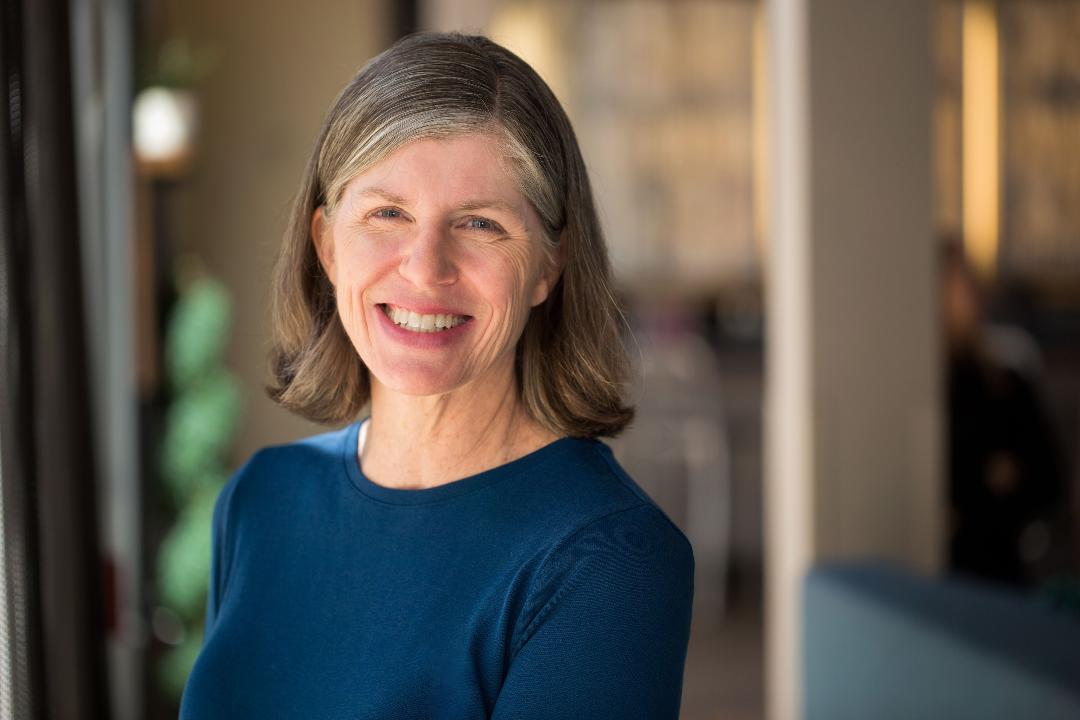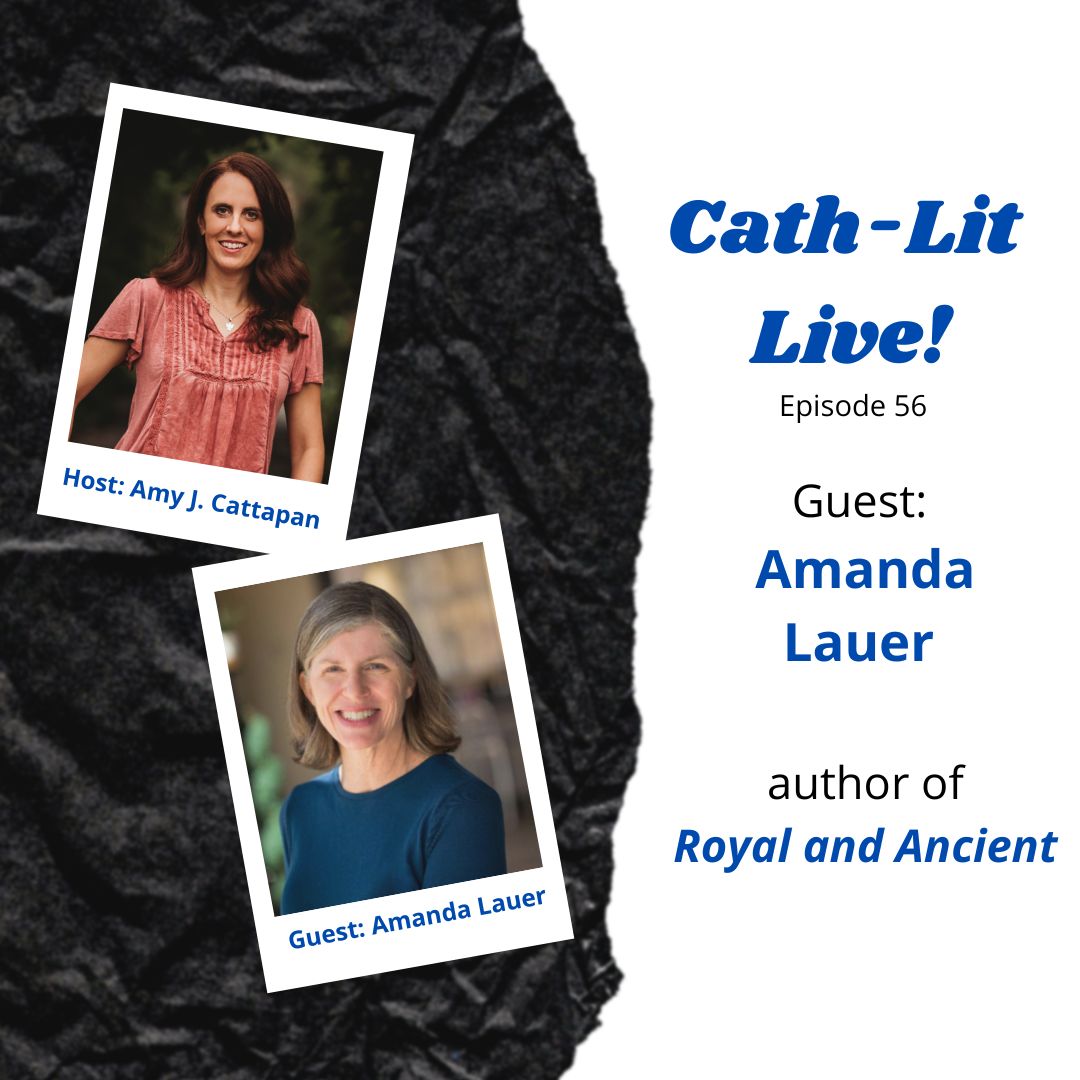Everyday Holiness
Everyday Holiness
When I received the news that my first published short story had not only been accepted, but also chosen as the opening gambit for a travel writing anthology that included pieces by several well-known authors, my first thought was, “I have to call Mom and tell her I got the lead. She’ll be so excited.” And then I remembered.
The woman who nurtured my first crayon scribbles, and typed my long-procrastinated school term papers on an old manual typewriter, had already been absent for fifteen years by then. Even now, thirty-four years after her death, I still get the same urge to call and tell her, whenever there’s happy family news.
Anyone who has ever lost a beloved family member, or cherished friend, understands.
This past week we’ve celebrated two special liturgies that traditionally open the month of November. They encourage us to honor all the saints in heaven, and to remember our beloved dead.
The Roman Catholic liturgical calendar gives a rhythm to our lives, alternating ordinary days with special feasts and dramatic seasons: Advent, Christmas, Lent, Easter and Pentecost.
But we don’t just remember our lost loved ones on the Solemnity of All Saints or at a Commemoration of all the Faithful Departed.
The simplest things can suddenly trigger a memory: the smell of a favorite family meal simmering in the kitchen; a glimpse of the lamp burning late into the night while a parent stays up late to pay bills; a toddler’s smile greeting us in the morning over a crib rail; the precious small gift from a thoughtful friend who somehow always knew just what we needed, and when.
Amidst many speeches that marked my oldest son’s baccalaureate ceremonies, the university dean who spoke at his academic awards assembly made a particular point for the new graduates. His words held a wisdom that has remained with me.
“It’s not this ceremony that’s important,” he said. “Or that splendid certificate that you’re about to receive. We’re celebrating all the mornings over the past four years that you got out of bed and went to class, all the nights you studied in the library instead of partying, all the papers you wrote with extra care, everything you did that led up to this day. Yes, today you’ll be ascending the stage, you’ll hear lots of applause, and your families are gathered here to celebrate with you. But it’s those ordinary days, the good choices you made one after another, the habits you established, that are your most important awards. They’re what you’ll take with you wherever you go for the rest of your lives.” (1)
In our Mass readings this weekend both liturgies contrast humility and charity with arrogance and entitlement.
Today’s Memorial of St. Charles Borromeo incorporates an Alleluia verse that is also used to celebrate the Solemnity of the Most Sacred Heart of Jesus:
“Take my yoke upon you and learn from me, For I am meek and humble of heart.” Matthew 11:29ab. (2)
In the Gospel reading, our Lord advises us “. . . do not recline at table in the place of honor . . . when you are invited, go and take the lowest place . . .” Luke 14:1, 7-11. (3)
Readings for the Thirty-first Sunday in Ordinary Time contrast a mother’s affectionate care and a child’s implicit trust, in the Responsorial Psalm 131: 1,2,3, with Our Lord’s condemnation of arrogant scribes and Pharisees, in the Gospel from Matthew 23: 1-12. (4)

St. Charles Cares for the Plague Victims of Milan by Jacob Jordaens (1593-1678), St. James Church, Antwerp, Belgium, public domain via Wikimedia Commons
St. Charles Borromeo was born in a castle on the shores of Lake Maggiore. His father was a Count of Lombardy whose aristocratic family’s shield bore the motto, “humilitas.”
His mother was Margherita de Medici, whose younger brother became Pope Pius IV. (5).
The paintings featured here commemorate St. Charles Borromeo’s assistance to the poor during a famine in Milan; and his refusal to leave the city after an outbreak of the plague. He remained behind in his own episcopal see while many other bishops and clergy fled. He stayed to pray for his people as their archbishop, and administered the sacraments to plague victims.
Even while he was serving as a papal representative to the Council of Trent, and performing as a leading figure in the Counter-Reformation, St. Charles Borromeo never forgot his family motto, humility; or the Jesus who washed his own apostles’ filthy feet.
Both of these paintings, and many more found in museums and churches across Europe (6), document St. Charles Borromeo’s devotion to the humble Virgin Mary. Her vivid presence in so many of his portraits reveals the close relationship they shared in his charitable work, in his intercession for the people of Milan, and in his dedication to the universal Church.
This November — while we’re preparing for Thanksgiving and the Solemnity of Jesus Christ, King of the Universe — may we, too, remember to practice the extraordinary virtues of ordinary everyday holiness.
©Copyright 2023 by Margaret King Zacharias
Feature Photo: Intercession of Charles Borromeo Supported by the Virgin Mary by Johann Michael Rottmayr (1656-1730) in the collection of Karlskirche, Vienna Austria, public domain, via Wikimedia Commons
Notes:
- Personal communication.
- (https://bible.usccb.org/bible/readings/110423.cfm).
- (https://bible.usccb.org/bible/readings/110423.cfm).
- (https://bible.usccb.org/bible/readings/110523.cfm).
- (https://www.newadvent.org/cathen/03619a.htm)
- (https://www.christianiconography.info/charlesBorromeo.html).

 I cannot recall the topic we were discussing when my director began to share a story about a three-handled coffee mug. She told me when she presented this thought exercise to others in the past, they became overwhelmed and anxious at the thought of how to hold it or use it. As I began to imagine it in my mind, I was intrigued and excited all at the same time. When my spiritual director asked how the three handled mug made me feel, I couldn’t help but share that I saw the persons of the Trinity—a handle for Father, Son, and Holy Spirit.
I cannot recall the topic we were discussing when my director began to share a story about a three-handled coffee mug. She told me when she presented this thought exercise to others in the past, they became overwhelmed and anxious at the thought of how to hold it or use it. As I began to imagine it in my mind, I was intrigued and excited all at the same time. When my spiritual director asked how the three handled mug made me feel, I couldn’t help but share that I saw the persons of the Trinity—a handle for Father, Son, and Holy Spirit. The cup is hand-made pottery, with a bumpy texture. The sentimental type I am, I can imagine the hands of the person who created it. I slide my fingertip across the initials scratched into the bottom, too blurred to make out. A reminder of my imperfections and the faithfulness of God. The space where the handles joined the cup reveals finger swipes, merging the clay. A prayerful moment brings me peace in connecting with another person who loved that cup while combining myself with the persons of the Trinity.
The cup is hand-made pottery, with a bumpy texture. The sentimental type I am, I can imagine the hands of the person who created it. I slide my fingertip across the initials scratched into the bottom, too blurred to make out. A reminder of my imperfections and the faithfulness of God. The space where the handles joined the cup reveals finger swipes, merging the clay. A prayerful moment brings me peace in connecting with another person who loved that cup while combining myself with the persons of the Trinity.



